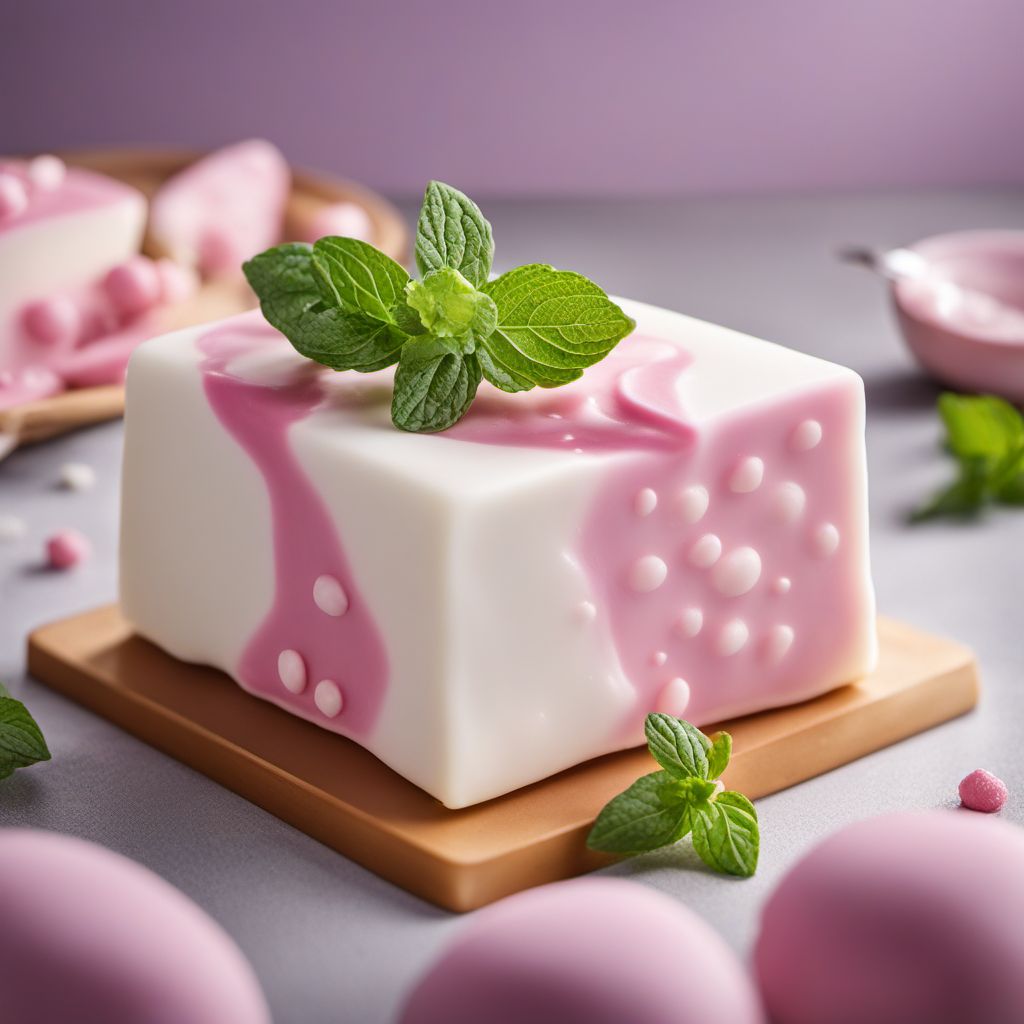
Ingredient
Fondant mass
The Artistic Confection
Fondant mass is a smooth, pliable icing made from sugar, water, and glucose syrup. It has a sweet, vanilla flavor and a soft, chewy texture. This confectionery ingredient is commonly used to cover cakes, create decorative shapes, and add intricate details to pastries and desserts.
Origins and history
The use of fondant in confectionery can be traced back to ancient civilizations, where it was used to create edible decorations for special occasions. Over time, the recipe and techniques for making fondant have evolved, resulting in the modern fondant mass used today. Fondant mass is widely used in professional bakeries and is also available for home bakers to create stunning confectionery creations.
Nutritional information
Fondant mass is primarily made of sugar and is therefore high in calories. It is also low in fat and cholesterol. However, due to its high sugar content, it should be consumed in moderation. Fondant mass is not a significant source of vitamins or minerals.
Allergens
Fondant mass is made from sugar and does not contain any known allergens. However, individuals with sugar sensitivities or diabetes should consume it in moderation or avoid it altogether.
How to select
When selecting fondant mass, look for a brand that is made from high-quality ingredients and does not contain any artificial additives or preservatives. The fondant should have a smooth, pliable texture and a pleasant vanilla aroma. Avoid brands that have a sticky or grainy consistency.
Storage recommendations
To maintain the freshness and pliability of fondant mass, store it in an airtight container at room temperature. Avoid exposing it to direct sunlight or extreme temperatures, as this can cause the fondant to become dry or sticky. Proper storage will help extend the shelf life of fondant mass.
How to produce
Fondant mass is typically produced by professional confectioners and is not suitable for amateur production. However, individuals can learn to work with fondant mass to create their own confectionery creations through classes, tutorials, or practice.
Preparation tips
When working with fondant mass, it is important to knead it until it becomes soft and pliable. This will make it easier to roll out and cover cakes or create decorative shapes. Fondant mass can be colored using gel or powdered food coloring. It can also be flavored with extracts or essences to add variety to the taste. Additionally, fondant mass can be used to create intricate designs by using molds, cutters, or sculpting tools.
Substitutions
There are no suitable substitutions for fondant mass, as it is a unique confectionery ingredient that provides a smooth, pliable texture and a sweet, vanilla flavor. However, other types of icing like buttercream or royal icing can be used as alternatives for decorating cakes and pastries.
Culinary uses
Fondant mass is commonly used to cover cakes, create decorative shapes, and add intricate details to pastries and desserts. It is often used in professional bakeries to create stunning wedding cakes, birthday cakes, or special occasion cakes. Fondant mass can also be used to make edible cake toppers, flowers, or figurines.
Availability
Fondant mass is commonly available in specialty baking stores, confectionery supply shops, or online retailers. It is widely used by professional bakers and cake decorators around the world.
More ingredients from this category » Browse all
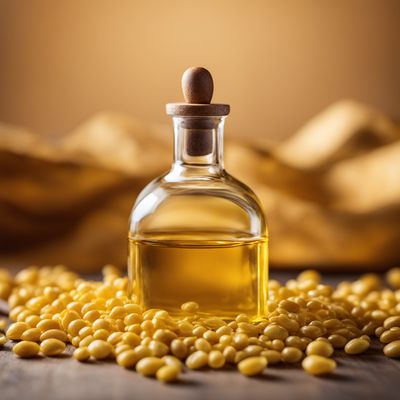
Oil seed mass
Golden Elixir
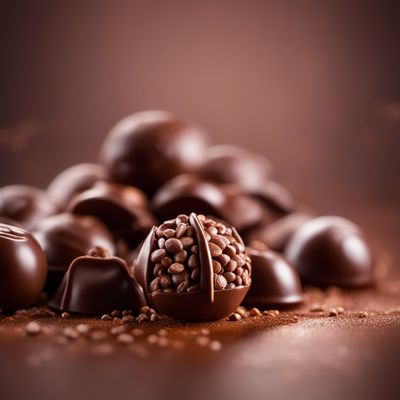
Chocolate mass
Decadent Delight: Exploring the World of Chocolate Mass
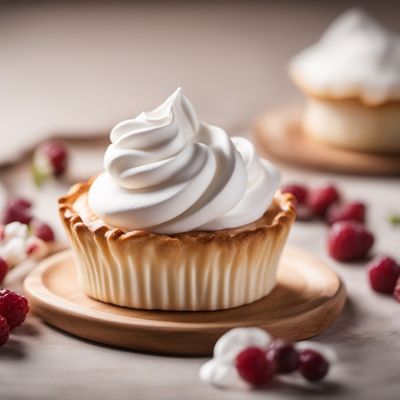
Meringue mixture
"Whipped Clouds: Exploring the Delicate Delights of Meringue Mixture"

Brittle mass
"Crunchy Delight: Exploring the World of Brittle Mass"

Liquorice mass
The Bold and Bittersweet Delight
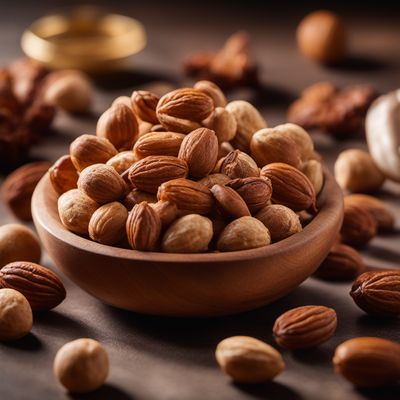
Nut mass
The Power of Nut Mass

Caramel, soft
Silky Sweetness in Every Bite
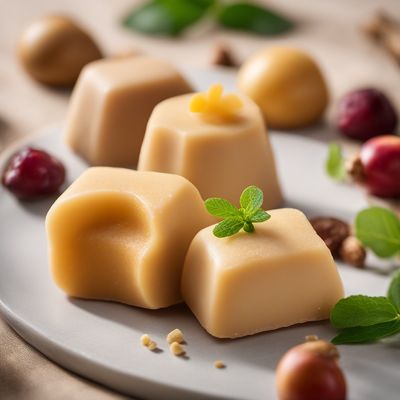
Marzipan raw mass
The Sweet Almond Delight: Unveiling the Magic of Marzipan
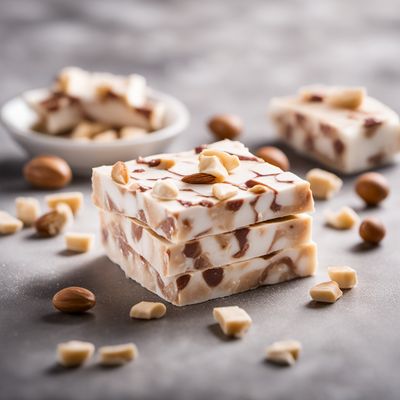
Nougat raw mass
"The Sweet Delight: Unveiling the Secrets of Nougat Raw Mass"
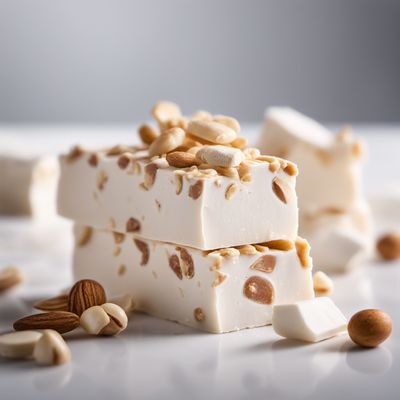
White nougat mass
The Sweet Delight: White Nougat Mass

Florentine biscuit mass
The Delicate Dough
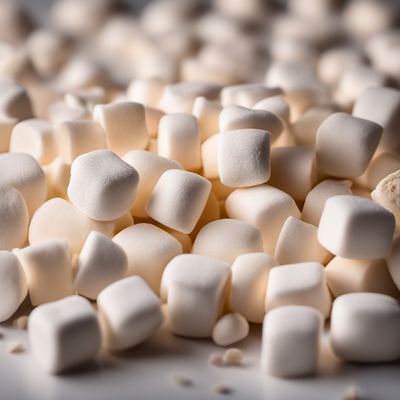
Marshmallow mass
Fluffy Pillows of Sweetness